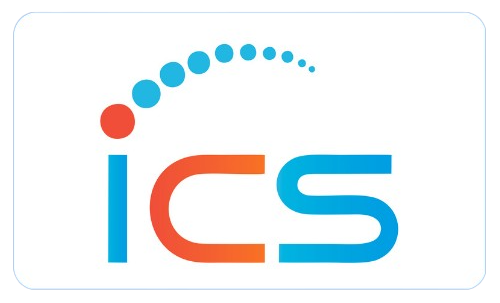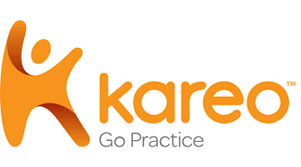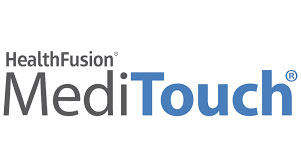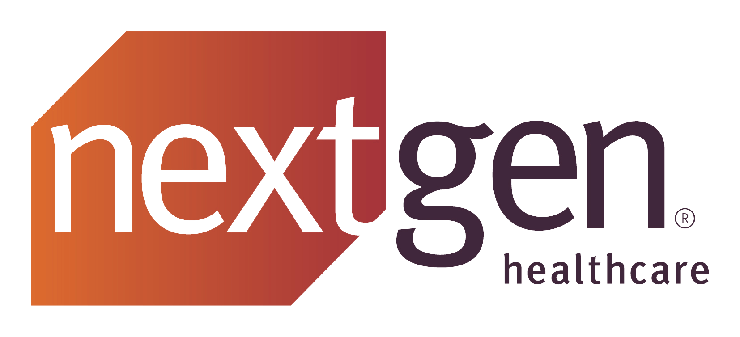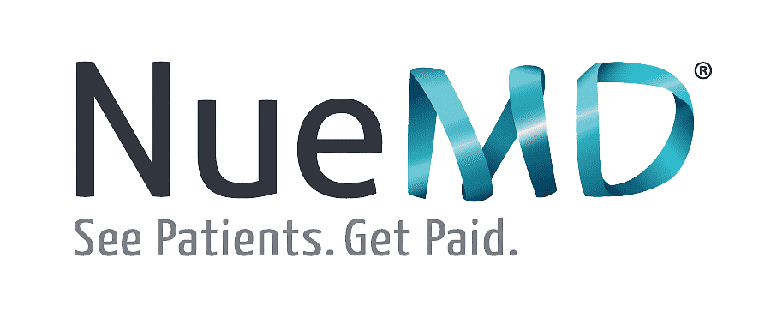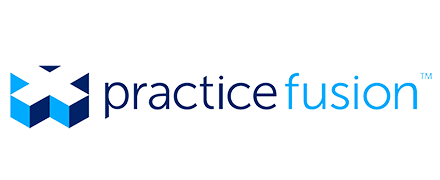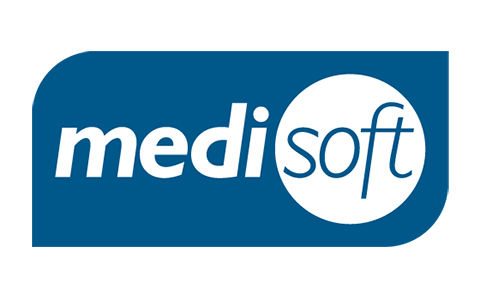Medical billing has become increasingly complex as healthcare costs continue to rise. One of the most challenging aspects of medical billing is insurance verification, which can be time-consuming and frustrating for healthcare providers. Insurance verification is the process of verifying a patient’s insurance coverage and benefits before their medical appointment. The goal is to ensure that the healthcare provider is aware of the patient’s insurance coverage, as well as any limitations or exclusions that may apply.
Info Hub Consultancy Services, a leading provider of medical billing services, understands the challenges of insurance verification and has developed effective strategies to help healthcare providers navigate this complex process.
Here are some fundamental principles of insurance verification in medical billing:
Gather Accurate Patient Information
The first step in insurance eligibility verification is to gather accurate patient information. This includes the patient’s name, date of birth, social security number, and insurance information. Healthcare providers should also collect information on the patient’s medical history, as this can affect their insurance coverage.
Verify Insurance Coverage
Once the patient’s information is collected, the healthcare provider should contact the insurance company to verify coverage. This includes checking the patient’s eligibility, coverage benefits, and any applicable deductibles, co-pays, or out-of-pocket expenses. It is essential to verify the insurance coverage before the patient’s appointment to avoid any surprises or misunderstandings regarding payment.
Follow Up on Denied Claims
Even with accurate patient information and insurance verification, claims can still be denied. When a claim is denied, healthcare providers should follow up with the insurance company to determine the reason for the denial. Common reasons for claim denials include incomplete or inaccurate information, pre-existing conditions, or lack of medical necessity. By following up on denied claims, healthcare providers can correct any errors and resubmit the claim for payment.
Utilize Technology
Technology can be a powerful tool in insurance verification. Many medical billing companies, including ICS, offer software solutions that can automate insurance verification and claims processing. These tools can help healthcare providers streamline their billing process and reduce errors, resulting in faster payments and improved cash flow.
Stay Informed
Finally, staying informed is critical to navigating the complexities of insurance verification. Healthcare providers should stay up-to-date on changes in insurance regulations and policies, as well as industry best practices. By staying informed, healthcare providers can ensure that they are providing the best possible care to their patients while maximizing their financial performance.
Conclusion:
Insurance verification is a critical medical billing component, and navigating its complexities can be challenging. By following these fundamental principles of insurance verification in medical billing, healthcare providers can streamline their billing process and improve their financial performance. With the help of companies like Info Hub Consultancy Services and a solid understanding of the fundamentals of insurance verification, healthcare providers can navigate the complex world of medical billing with confidence.
Don’t let the complexities of insurance verification in medical billing hold you back. Our latest blog post provides expert insights and strategies to help you streamline your billing process and improve your financial performance.
